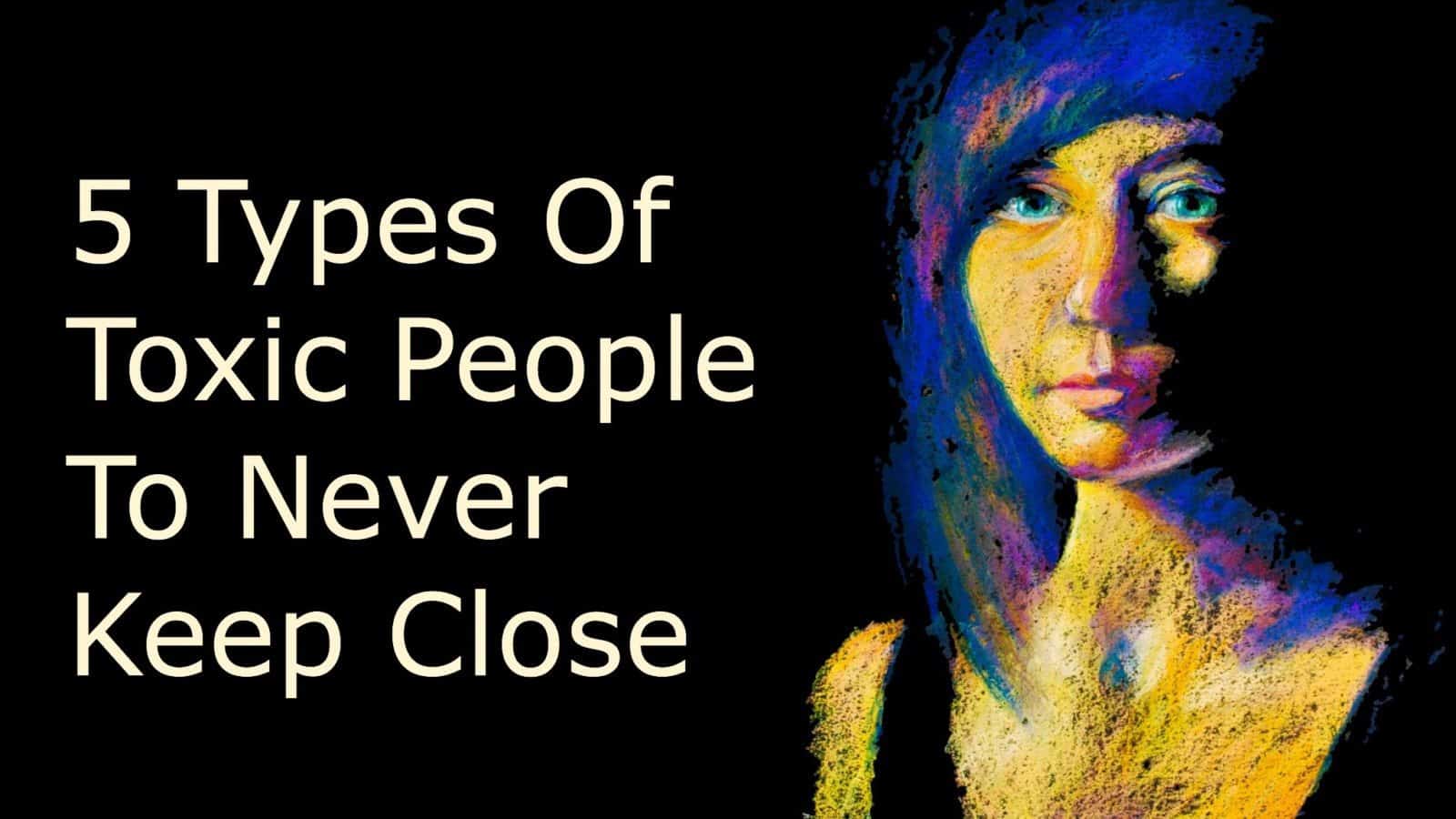“MISERABLE
Release the toxic and infectious – Spreaders of misery,Souls destroying souls – And poisonous liars.Awaken from the hallucinations – And take back your heart.Reclaim your self-esteem – And leave the toxic be.”– Giorge Leedy, Uninhabited From Lust To Love
People will enter into, and exit out of, our lives and (sometimes) our consciousness. In our lifetime, we inevitably encounter all types of human beings: lovers and haters; friends and foes; truth-seekers and liars. Throughout these countless interactions, one immutable truth remains:

We either benefit from, are harmed by, or neutral towards each and every person we meet.
A lesson can be learned from each type of individual. This is particularly the case of people from who we benefit from; or, on the opposite side of the spectrum, those that inflict harm.
First, we must learn how to recognize people who, intentionally or unintentionally, inflict damage upon the undeserving.This is the most important step to preventing any collateral damage that may occur from their presence in our life. This recognition, even if delayed, allows us to take the necessary measures to resolve (internal and external) conflict.
Here we present five types of toxic people to avoid. It’s important to understand that avoidance does not devalue such a person’s humanity; nobody, regardless of their personality traits, deserves such a fate.
The purpose, instead, is to safeguard, and if necessary, reclaim, our sacred human right to inner peace.
WITH THAT SAID, HERE ARE 5 TYPES OF TOXIC PEOPLE TO KEEP AT A DISTANCE IN LIFE:
1. THOSE THAT SHIFT BLAME
“People who ruin their own lives have a strong tendency to blame other people when things go wrong.” – Dr. Daniel G. Amen
The odds are that we’ve all encountered people like this in our life. These are the types of individuals that personify the word “victimization.” In other words, they refuse to be accountable for anything that may bestow a sense of responsibility. Instead, they’ll intently shift said responsibility onto another that does not deserve such treatment.
Almost always, people that constantly blame others lack any semblance of self-control or self-discipline. They’re all too willing to sacrifice someone else to protect their own “good name.” Should you find yourself in the presence of such a person, the best course of action is to hold ground and refuse to partake in their victimizing words.
2. THOSE THAT ALWAYS COMPLAIN
“Any fool can criticize, condemn and complain – and most fools do.” – Benjamin Franklin
Ugh… it really sucks to be in the presence of a complainer. It’d be one thing if they’d keep their grievances to themselves; but no, instead they choose to verbalize them to anyone and everyone who will listen.
Interacting with someone who constantly complains is difficult, as it is often almost impossible to get a word in edgewise. Here’s an advantage, though – such people are often not very rational in either their inner or outer discourse. So, just listen and seek clarification. If they do indeed have a valid complaint, it’s at your discretion whether to engage in conversation. If instead, they choose to barrage you with unsubstantiated and irrational banter verbally, (absolutely) refuse to engage in such a manner.
In other words, just walk away or ignore.
3. THOSE THAT INVITE OR INITIATE GOSSIP
“Strong minds discuss ideas, average minds discuss events, weak minds discuss people.” – Socrates
Gossipers (probably) exist in every nook and cranny of this planet.
Often, insecurity is at the root of gossip, as divulging (often untrue) tidbits about another human being makes gossipers feel better. Sadly, such individuals often thrive off adverse circumstances that someone is often going through. They give no mind, no empathy, no desistance to offering up (again, often untrue) statements about someone whose life they may negatively affect.
In addition to harming themselves and the victim(s), gossiping can induce a negative mindset to those around them.
4. THOSE ONLY INTERESTED IN SELF-GAIN
“Givers need to set limits because takers rarely do.” – Rachel Wolchin
People preoccupied with the question “What’s in it for me?” are often master manipulators, and using this predisposed attitude for self-gain. In addition to possessing a flair for the manipulative, such individuals also have a strong narcissistic streak – and may very well fall under the narcissist demographic.
Regarding manipulation, self-gainers will toy with others emotions. This is done to create a sense of guilt and uneasiness with not helping the self-gainer advance their own foggy agenda. Make no mistake, self-gainers couldn’t care less about the undue harm that their actions cause. Sadly, such people see others as a means to an end – nothing more.
Throughout one’s interaction with a self-gainer, it may become apparent that they are more than willing to “take” whatever is necessary; but, should someone ask for a favor in return, their quickly rendered silent by excuses, lies, or just plain indifference.
These types of people serve nothing other than themselves. So, give them what they want – and leave it up to them to find the solution for what they need.
5. THOSE THAT SEEK COA
“Everything you do for attention is the reason why you don’t have mine.” – Unknown
Those determined to be at the center of attention (COAs) are often verbal and annoyingly persistent in their pursuit of such. COAs not only enjoy being at the center. They need it.
In many ways, this is a byproduct of an undeveloped mind. Children seek attention, and nothing is determinably amiss about such. A child’s brain is still in an evolving state.
But when a grown man or grown woman continues to insist on being the COA, it’s almost assuredly a psychological abnormality.
We deal with COA adults the same way we teach children not to create drama for attention. We ignore it.

No comments:
Post a Comment